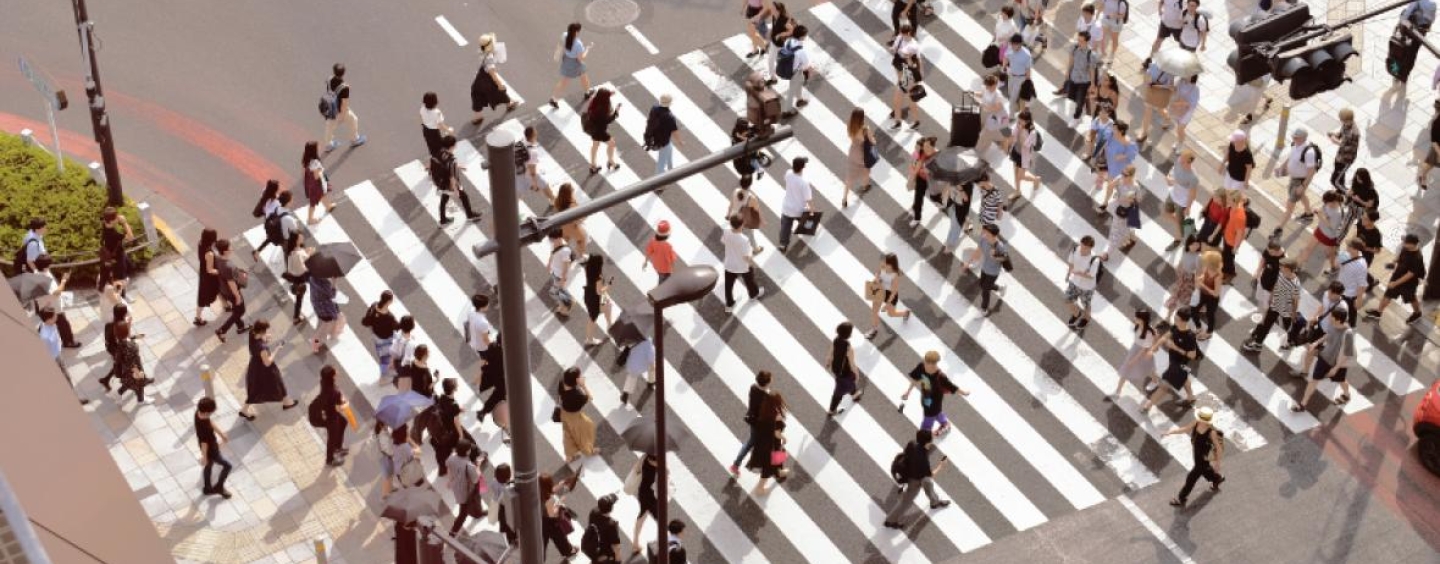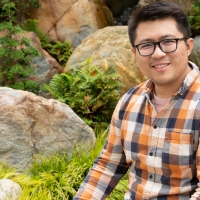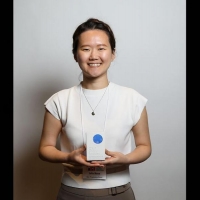Recent Research: Dr. David Matsumoto

A decades-long fight to rid science of a stereotype
This story originally appeared on the University’s Bold Thinkers blog, which ran from May 2018 to Nov. 2019.
Flip through an American travel guide about Japan, and you’ll likely encounter this narrative: The Japanese are “collectivist”— concerned mostly with the collective good of society — in stark contrast to the fiercely individualistic and independent American. That difference is conventional wisdom, but the conventional wisdom isn’t always right. And in this case, according to San Francisco State University Professor of Psychology David Matsumoto, it’s a perspective that should only live on in history books.
For decades, Matsumoto’s research has challenged what he calls the “common view” of how cultural differences work: that the characteristics of the culture we live in can be used to describe us as individuals.
The idea that Japanese individuals are more group-oriented has its roots in the 1980s, when economic changes in Japan brought a flow of Japanese graduate students to the U.S. That influx catalyzed an interest in studying the psychological and cultural differences between citizens of the two countries, and in 1991 psychologists at the University of Oregon and University of Michigan published a seminal study for the field. “The premise [of that study] was that the cultural difference between individualism and collectivism permeates individuals,” Matsumoto explained. “So if I’m in that individualistic culture, I have that self-sense. And thus I’m that kind of person.”


